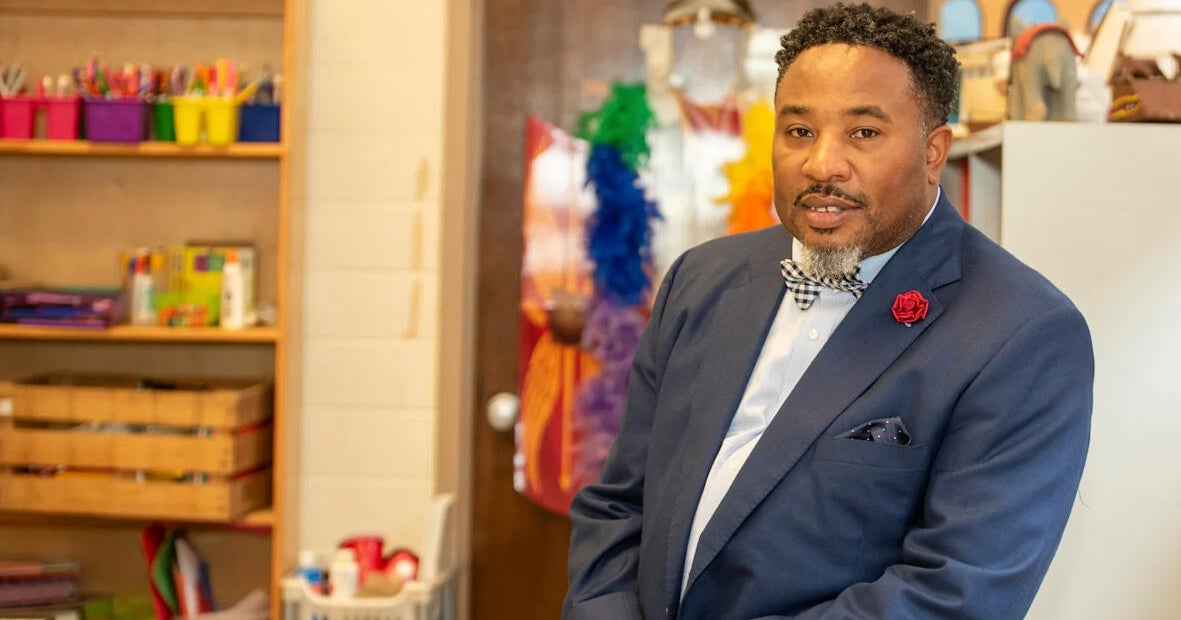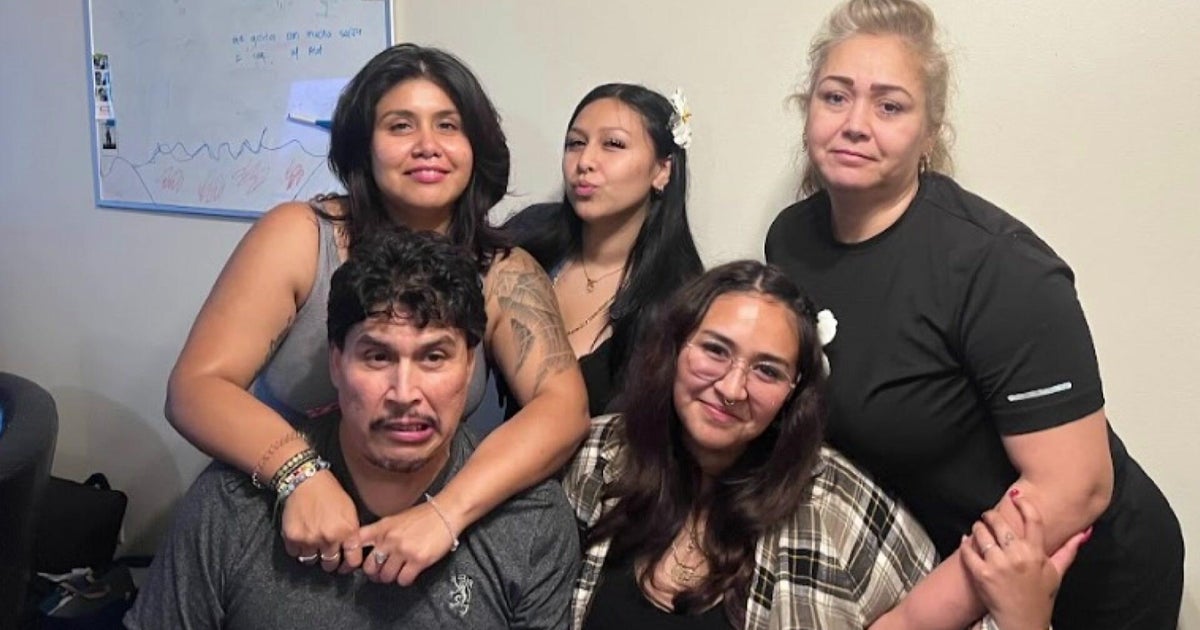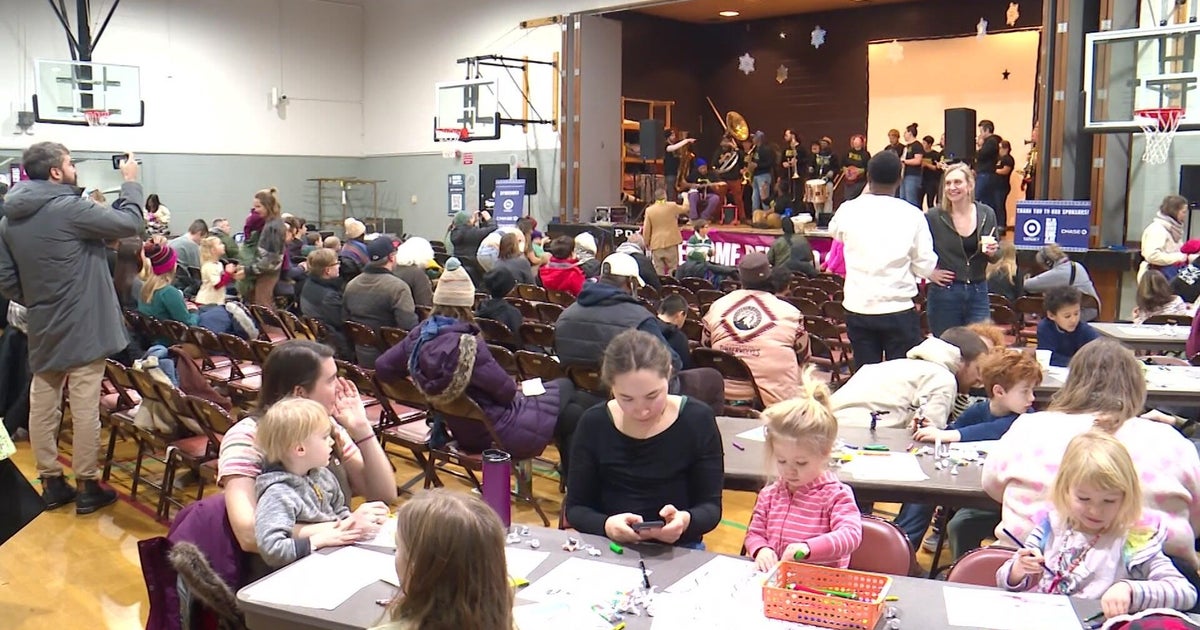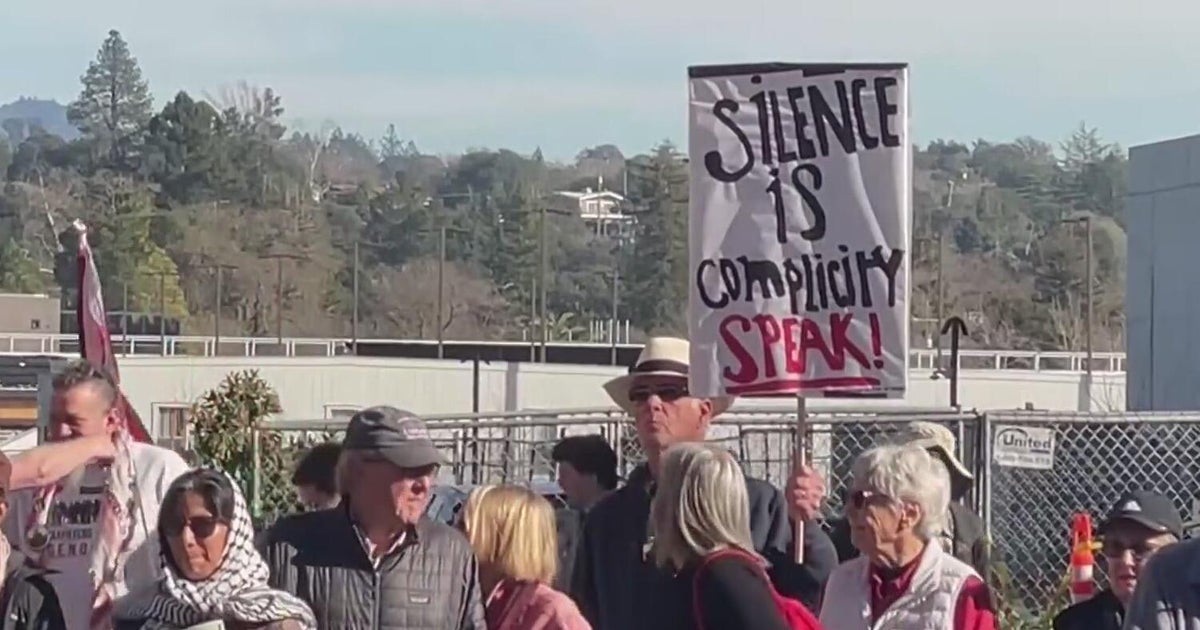'My Heart Is Aching': Mark Rosen Announces Wife Denise 'Passed Peacefully'
MINNEAPOLIS (WCCO) -- Former WCCO sports director Mark Rosen says that his wife Denise has died, three years after being diagnosed with brain cancer.
"My heart is aching. My beautiful wife, Denise, passed peacefully from Glioblastoma," Rosen said in a tweet Monday afternoon.
"She didn't 'lose' her battle with Brain Cancer, she lived her life to the fullest for the past 3 years," Mark Rosen said Monday. "My eternal thanks to the Givens Brain Tumor Center and the Little Hospice House."
Minnesotans welcomed Mark Rosen's sports coverage into their homes for nearly 50 years prior to his retirement in 2019. Chief among his reasons for retiring was his desire to spend as much time as possible with Denise.
He met Denise, a graphic artist and Chicago White Sox fan, early in his time at WCCO. They have a son, Nick, and a daughter, Chloe, who also continues to work at WCCO.
On Twitter, Nick Rosen said his mother "is the strongest person I've ever known and that strength will live on in us."
In 2018, Joe Biden, whose son Beau Biden died of the same cancer Denise had, wrote a letter to the Rosens, telling Mark, "your love and support for Denise will go a long way in making her feel comfortable and confident as she courageously battles."
Gov. Tim Walz and the Minnesota Vikings were among the many sharing their condolences with Mark Rosen on Twitter.
Dr. Clark Chen, the chair of the University of Minnesota's Department of Neurosurgery, said glioblastoma is both the most common form of brain cancer in adults and "very aggressive," with a typical expected survival timeframe of 14 to 18 months.
"It seems that the greatest challenges in our lives bring out the best of us," Chen said. "One of the things that keeps me going in working toward a solution, a cure, for this disease is the family. It's incredible how much the families come together and rally behind the patients despite overwhelming odds. It's heartwarming to see that happen."
Chen said he and other neurosurgeons are "investigating very creative treatments" for glioblastoma, but a meaningful cure is still a ways away.
"This is about humanity. This is about living to the best of our abilities, irrespective of the cards we're dealt," he said. "I think that's what glioblastoma patients are doing. They're fighting overwhelming odds and there is no winning or losing here. It's just about humanity, doing our best and supporting one another in the most challenging of times."
.







